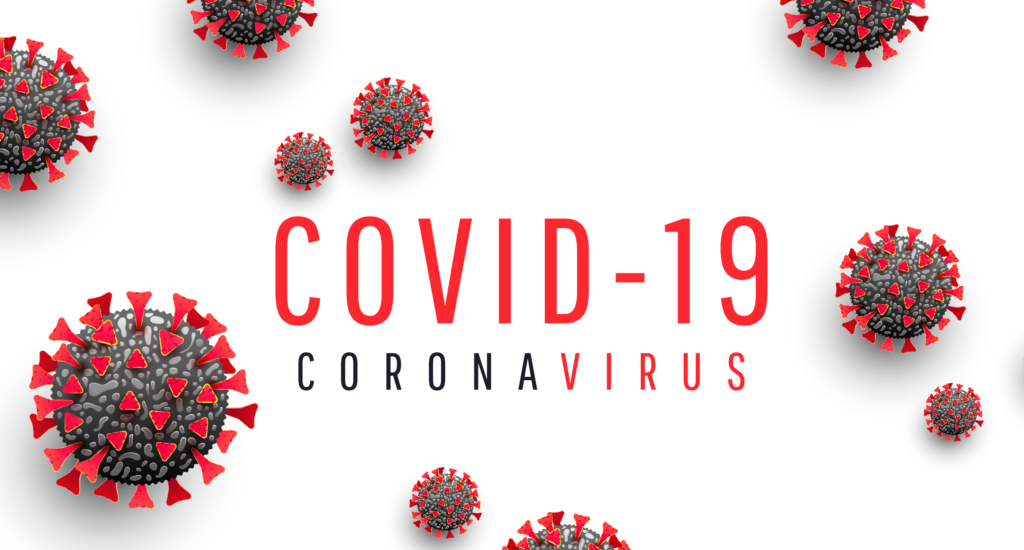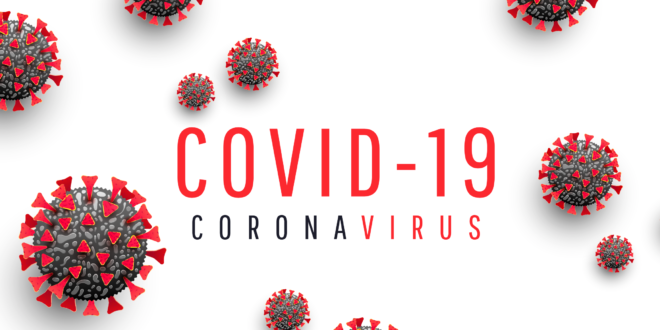China’s first COVID-19 vaccine manufactured by state-owned Sinopharm has earned market approval from China’s medical products agency. The conglomerate claims its vaccine has an efficacy rate of 79%, surpassing the generally recognized 50% efficacy standard.
The approval is conditional and requires that Sinopharm continue to collect vaccine data and its long-term consequences. But the introduction of another mass-produced vaccine could provide relief for countries that have been unable to procure doses of the Pfizer–BioNTech and Moderna vaccines. Just one day after the U.K., China’s approval arrived, a vaccine made by AstraZeneca and Oxford University was approved.
There are two injections needed for the Chinese vaccine. It was founded by a subsidiary of Sinopharm, the China National Biotec Group, or CNBG. The drugmaker says it has been conducting clinical studies in China and other countries, such as the United Arab Emirates, Bahrain, Egypt, Jordan, Peru, Argentina, and Morocco.
“During the summer, Beijing gave a green light for emergency use of the Sinopharm vaccine and several others,” NPR’s John Ruwitch reports for our Newscast unit. “State media say that millions of doses have already been administered, including to front-line medical staff and people going abroad for work. Emergency use is set to expand.”
Earlier this month, both Bahrain and the UAE — where large-scale trials of the Sinopharm vaccine took place — approved the vaccine.
CNBG chairman Yang Xiaoming told Chinese state-run media that China’s new approval for widespread use moves the country closer to its goals of vaccinating millions of more people in the coming months. China would need to vaccinate at least 700 million people to defend itself from COVID-19,
In March, Yang said that he and hundreds of other CNBG workers were inoculated with a version of the company’s vaccine, declaring COVID-19 a global pandemic the same month.
In addition to the effectiveness rate, the potential of vaccines to protect public health is related to another figure: vaccine coverage — the number of people who get the shot and develop antibodies to the virus.
The World Health Organization says, “The percentage of people who need to have antibodies to achieve herd immunity against a particular disease varies with each disease.” It notes that for measles, around 95% of a population must be vaccinated to achieve herd immunity, while for polio, the threshold is much lower: about 80%.
In addition to these discrepancies, a vaccine’s efficacy rate directly impacts the amount of coverage a country would provide to avoid an infection or decrease it. Researchers have been studying how high an efficacy rate must be to protect the public without any other interventions.
One study recently concluded that a vaccine “has to have an efficacy of at least 70% to prevent an epidemic and of at least 80% to largely extinguish an epidemic without any other measures (e.g., social distancing).”

 Baller Alert Entertainment & Lifestyle
Baller Alert Entertainment & Lifestyle




